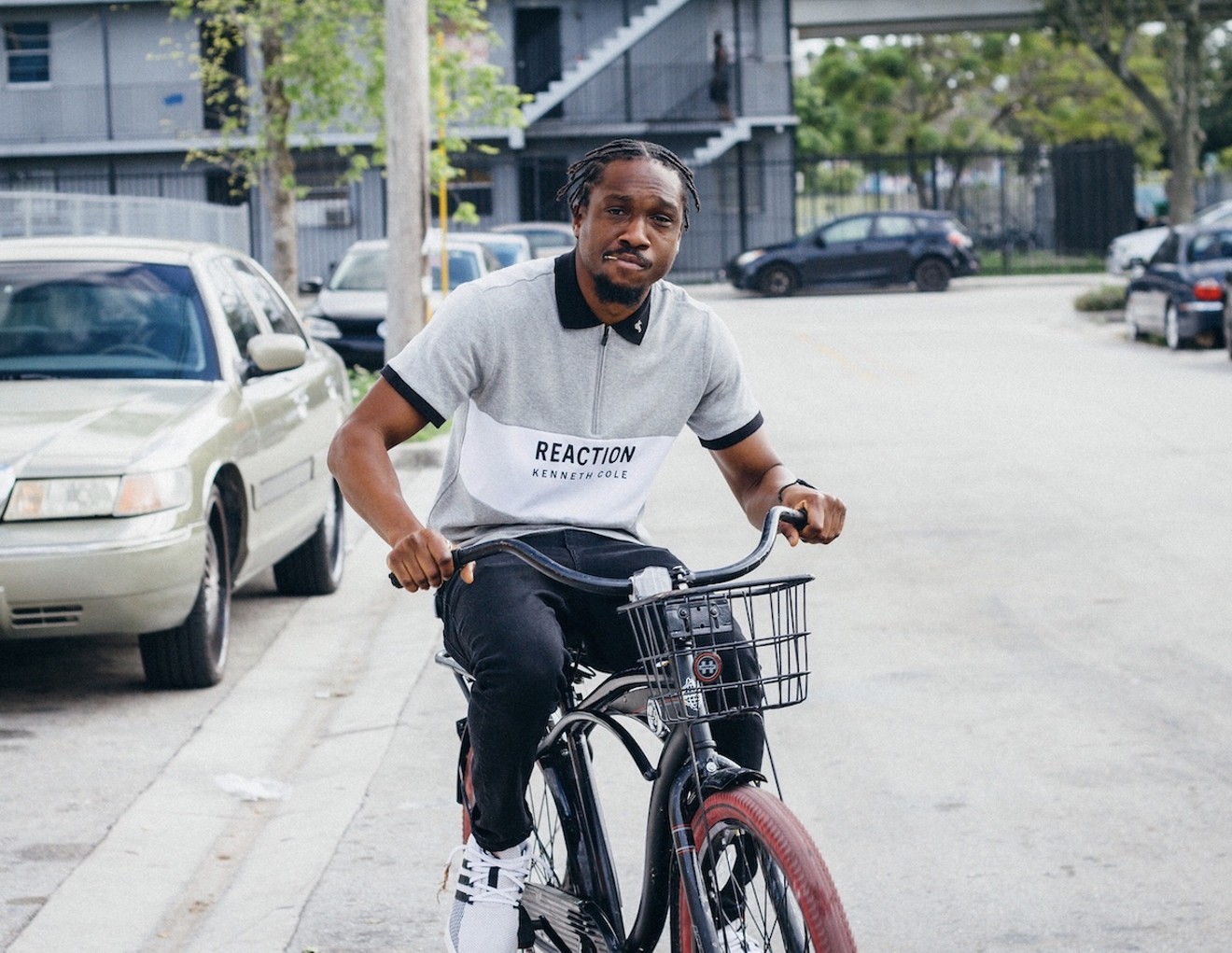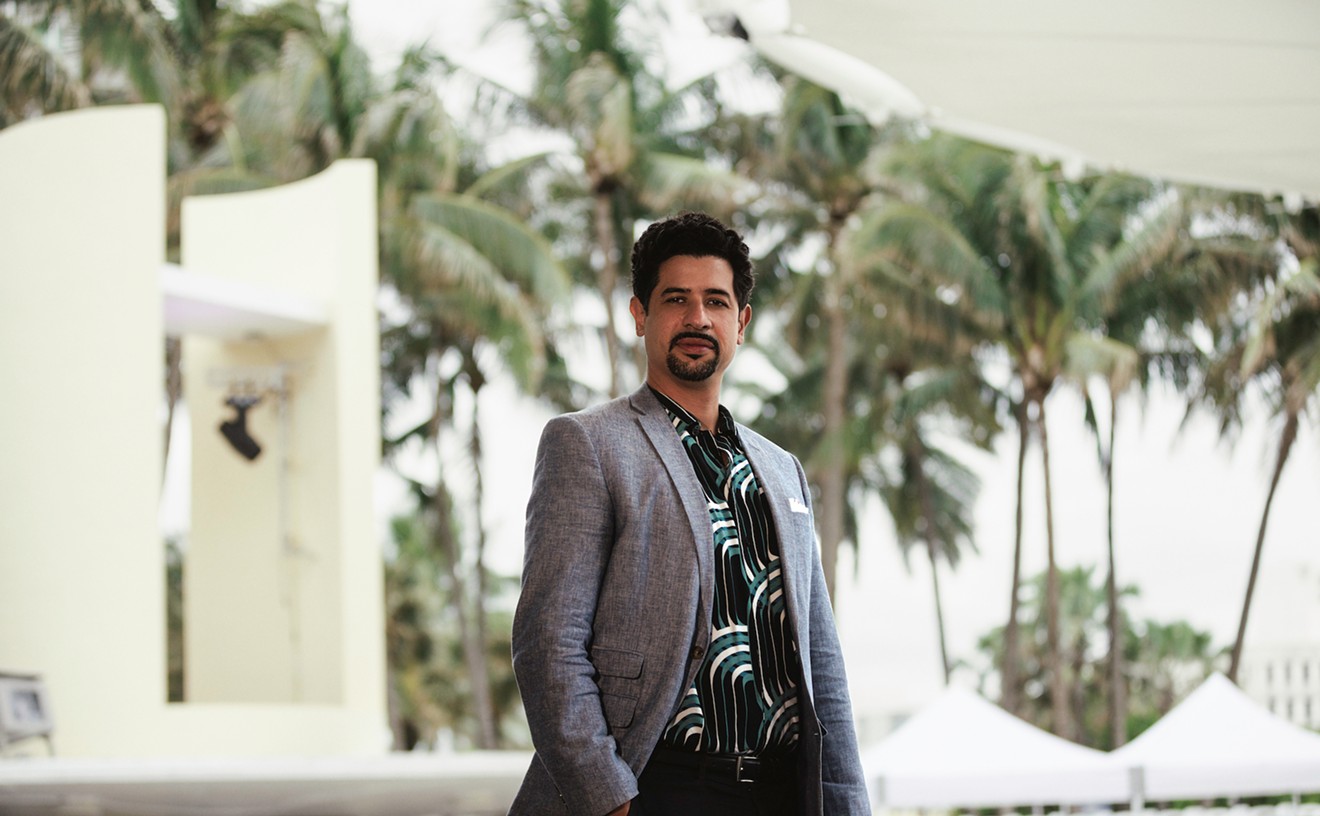Two weeks before the pandemic effectively shut down Florida, rapper Kehvn Clarence independently released his third studio album, Gyal Tape. The 13-track project was released on International Women’s Day as a dedication to women of the African diaspora.
The record’s robustly planned marketing strategy, however, was null and void the moment COVID-19 reared its ugly head in the state, forcing the Antiguan-raised MC to reconfigure his musical output and digital presence.
“My focus now is on keeping my supporters happy and inspired with what I’m doing,” Clarence says. “That's why we’re getting ready to release a four-part series called The Refugee Mix(Tape), a promo-only project and just something to show love to the people who’ve been showing love to me.”
A small indication of what fans can expect from the series is evident in Clarence’s latest remix. Leveraging the spirit of late Panamanian-Jamaican rapper Pop Smoke on “Invincible,” Clarence takes on Brooklyn drill to formulate a Caribbean-dialect-laden tune called “Refugee Rooted.”
It's more than just a catchy refrain. Clarence says the song “is about immigrants being able to hold on to and draw from experiences in their life that have made them more resilient and resourceful.” It thus becomes a lifestyle and a brand that Clarence and his core production team live and breathe on a daily basis.
“It’s just a certain level of hunger, drive, and resourcefulness that you develop being a big dreamer in a place with limited opportunities,” Clarence explains, referencing the economic infrastructure of developing nations like the ones in the Caribbean.
What’s particularly striking about the song’s accompanying music video — filmed entirely inside a parked vehicle — is the self-directed and self-shot approach Clarence developed in response to life in quarantine.
“I used the phone mount in my car and filmed it by sticking it to the windshield and windows for different angles, as well as moving from seat to seat while performing,” he says. “I then used Adobe Premiere and After Effects to chop and edit everything.”
The method proved to be a challenging process but a rewarding one all the same.
“The most crucial thing for me is that I don’t have a cameraman who can see things I don’t or who can add additional ideas,” Clarence notes, acknowledging the absence of team members like Supreme Allah, his in-house photographer and go-to for all things aesthetic. “But it forced me to give stronger on-camera performances and pay more attention to detail.”
Possessed of a singular style that continues to evolve, Clarence’s entire discography is backed by the New Caribbean, his multimedia and production brainchild based in the 305.
“The main goal of TNC is to be the catalyst that brings about awareness and recognition of the enormous value and contribution that Caribbean culture and people have brought to the world,” Clarence says with quiet conviction.
“I want to inspire people in the region and diaspora to build a new future, one where the Caribbean isn’t arguably the most tourism-dependent place on the planet.”











